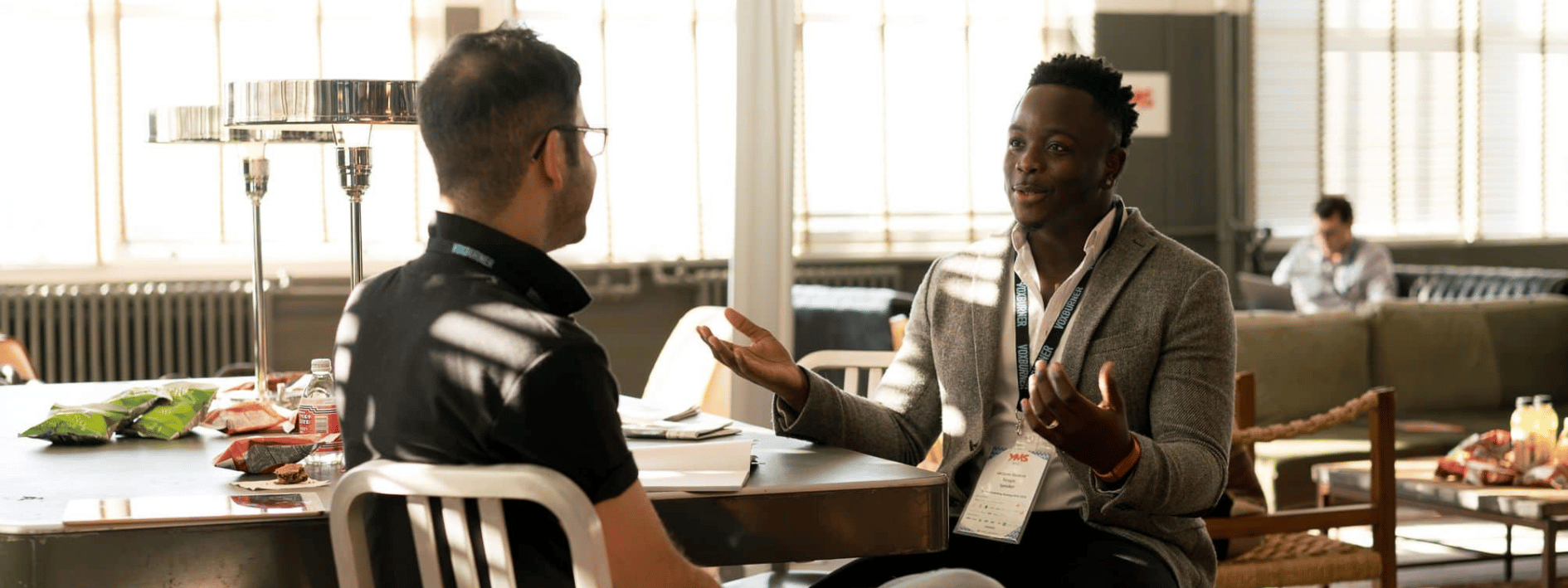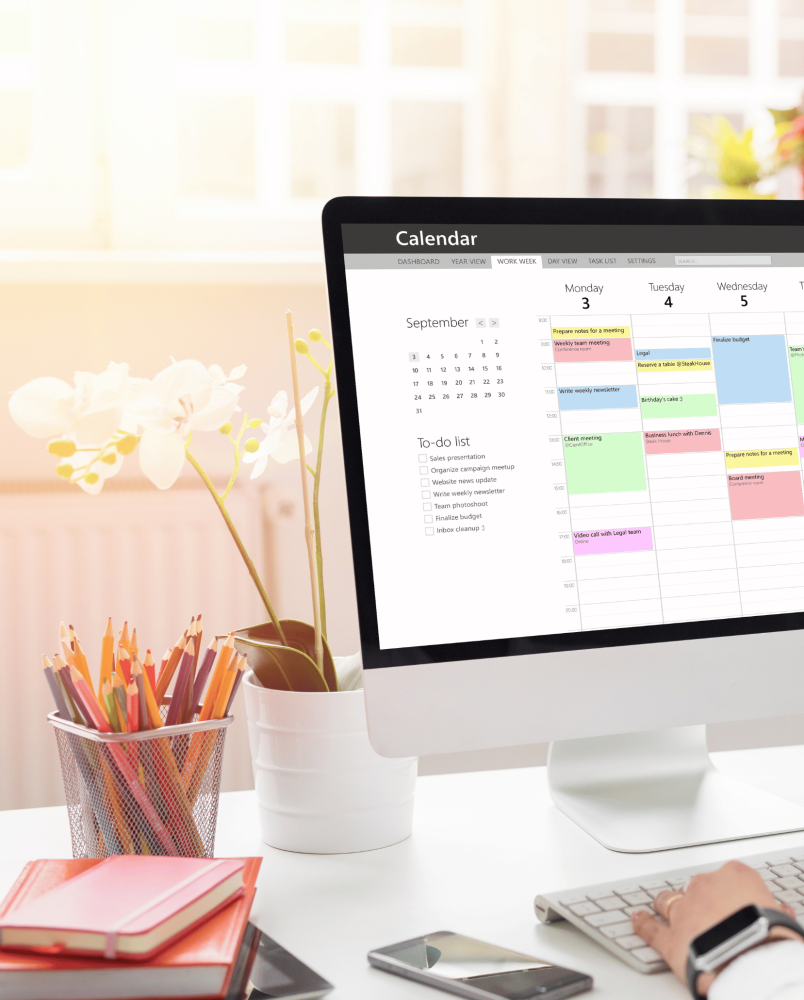
Maximising Mentoring Programs
Practical Insights to unlock full potential
Mentoring programs are a dynamic development tool that aid personal and professional growth in a cost effective way, but harnessing its full power requires more than mere enthusiasm.
It’s often the simplest of obstacles which lead programs to falter. Small roadblocks in aligning schedules or working out what to talk about can lead mentors and mentees to hesitate, flounder and lose focus. Luckily these obstacles are easily solved with some simple upfront program design. Structured strategies, when embedded into mentoring programs, can solidify their success, and amplify the benefits for both mentors and mentees.
Here’s a deeper dive into five critical tactics to ensure an effective and impactful mentoring program.
1. Getting the right pairs
Mentoring thrives on the connection between a mentor and a mentee. Getting the pairing right sets the stage for a rewarding journey for both people.
A critical element of an effective mentoring relationship is a shared understanding and respect of each other’s expectations from the relationship. To minimise potential frustration for both parties arising from misunderstanding expectations and misalignment, the quality of initial matching can help.
Often approaches to pairing focus solely on aligning skills and development goals. While this can be useful, technical alignment alone may not suffice for a strong rapport and it can overlook other valuable points of matching. You might like to consider similarities in ethics, values or interests to encapsulate a more holistic view. A matching survey that captures these factors can also be used as a way to streamline the matching process.
Handy Hint: Mentors often contribute by sharing their own stories and interests. For example, a mentor may really appreciate “innovation” and how being open to new approaches has helped them in their career to grow their experience or skills. You could include “openness to new ideas” or “prefer conventional methods” in your survey questions to determine and tap into a mentor’s past experience; this insight can be advantageous for ensuring successful future pairings.
2. Preparing the Guide with Mentor Training
Mentors, despite their technical skills, professional experience and good intentions towards mentoring, may find the skills for mentoring effortful as they have limited experience with the skills that go into a great developmental conversation.
To uplift your mentors, you can offer mentor training sessions that explain the mentoring process by setting clear expectations early and equipping them with tools for effective conversation and connection.
Handy Hint: Provide a structured guide on goal setting for the mentor program. Helping someone outline their planned pathway can be different from charting your own course, and a structured approach can be invaluable in refining ideas and gaining the engagement of mentors and mentees alike.

3. Nurture the Mentee with an Orientation Session
Mentees may come with their own set of expectations. For example, they may expect a number of meetings, wish to cover certain topics or get specific skills guidance. Providing an informative orientation can align expectations with achievable reality, ensuring a smoother mentoring journey.
It is also useful to use the orientation to equip mentees with tools to communicate their expectations, desires, and concerns more effectively with their mentors.
Handy Hint: Formalise the expectation-setting phase by writing it down for both parties to view. An ‘expectations agreement’ signed by both parties can assist to establish commitment, clarity and provide a guide to refer back to when things are less clear.
4. Setting the Scene with a Boundary Management Plan
Each mentoring relationship is unique, and so are the boundaries within them. It’s vital that each relationship establishes between themselves what’s acceptable and what’s not. You may however like to set some guidelines about a preferred communication channel, frequency of meetings, time or location of meetups, and mentor/mentee responsibilities. Such program driven guidelines act as a sort of template to instigate clear boundary setting conversations.
Additionally, ensure that both parties know the steps to take if a boundary is unintentionally crossed.
Handy Hint: Encourage the mentor and mentee to address boundary issues amongst themselves before escalating. For example, what to do if a meeting is cancelled or postponed or how to move past different views. Offer a structured conversation framework to aid them in addressing and resolving any breaches.
5. Break the Ice by Scheduling the First Check-in
Surprisingly missed connections is due to confusion in communication. The initial phase is critical. A missed or delayed first meeting can set a precedent for the rest of the relationship.
Actively facilitate the first interaction to ensure it occurs seamlessly. Perhaps the mentoring organiser may want to setup the meeting for the mentor and mentee so it’s in their calendar to avoid confusion and request they discuss and book in the next session at the end. This launch sets the tone for future interactions and collaboration.
Handy Hint: Prioritise action and a more personal first interaction, be it a face-to-face meeting, a video call, or even a phone conversation. Avoid impersonal mediums like emails or texts and take a personalised approach to make a good first impression.

The Key to a Successful Mentoring Program
The effectiveness of a mentoring program hinges on its well-designed structure and the proactive steps taken to overcome potential challenges. When these strategies are skilfully executed, they can significantly elevate the experience for all participants, fostering growth, professional development, and a culture of mutual respect.
You can read more about how mentoring can significantly elevate your career and organisational culture, in our first mentoring blog: Unleashing Potential: The Transformative Power of Mentoring in the Workplace
Connect with us
To chat further about mentoring programs, or coaching programs, and building a coaching culture, please reach out to us on hello@mapien.com.au

